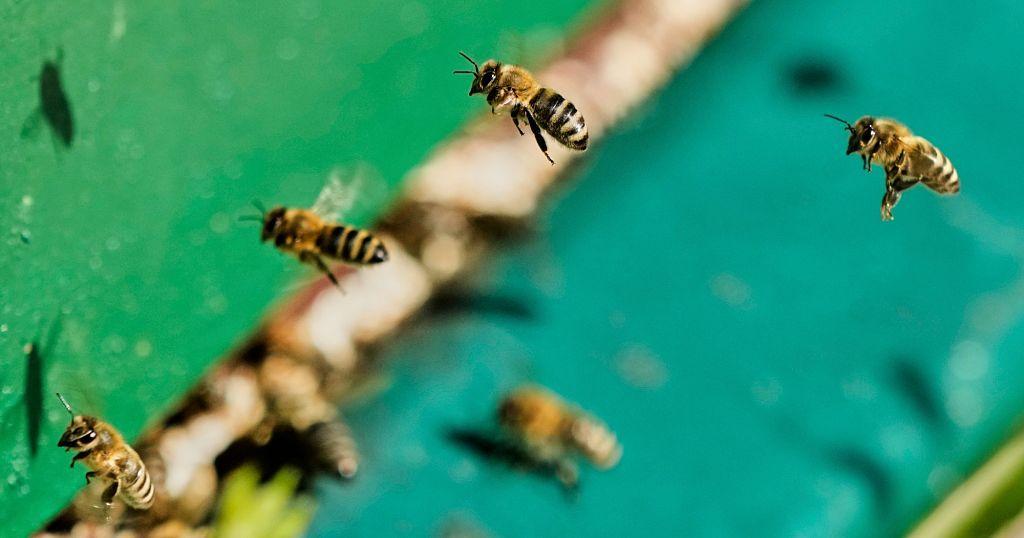Africa-Press – Eritrea. Without them, most of our crops would not grow.
But the humble bee has been on the decline for decades.
Pesticides and climate change have taken much of the blame for that downward trend. Now a new report to mark World Bee Day has highlighted emerging problems threatening their existence. The report states that almost 90 percent of flowering plants and three quarters of the world’s staple crops rely on pollinators.
“If the decline in pollinators continues, we are going to see significant food insecurity, because the amount, the quality and the quantity of yield will reduce. But also, pollination plays a huge role in the nutritious value. So micronutrients in the food are dependent on having good pollination. So not only will we have a reduction in the food quantity that we eat , the quality will also be seriously affected,” says the report’s co-author, Deepa Senapathi, who is Head of Department of Sustainable Land Management at the University of Reading.
A multitude of threats
Experts identified the top 12 new threats facing bees. Some relate to pollution – artificial light at night has reduced flower visits by nocturnal pollinators by 62 percent.
Antibiotic pollution in hives could be affecting bee behaviour, such as reducing how often they forage for flowers. Pesticides, air pollution and microplastics also made the list.
“We talk about how pollution is a big issue, right? But what we may not really focus on is the actual specifics of what type of pollution. So, for example, diesel and exhaust fumes, for instance, when they pollute the air, they can also disrupt pollinator plant interactions. So the bees may not be able to kind of identify their best foraging resources. If there’s heavy metal pollution in the water or the soil, that may impact behaviour of bees. It may even impact their reproductive success survival,” says Senapathi.
Other problems facing bees are more frequent and fierce wildfires destroying habitats which can’t recover quickly enough afterwards.
It’s not too late
But the report doesn’t think it’s too late to save bees. It says things like growing crops with more pollen and nectar, laws that limit antibiotics that harm pollinators, transitioning to electric vehicles to cut down on fumes and crating more flower-rich habitats will go some distance in protecting the creatures.
“I think we need stronger policies and regulations. We also can, I think, take advantage of lots of new and emerging technology that can help us monitor pollinator populations. So unless we know what’s there and whether it’s doing better or worse or at a status quo, unless we have those monitoring initiatives in place, we won’t be able to know if something is declining,” suggest Senapathi.
The report titled ‘Emerging Threats and Opportunities for Conservation of Global Pollinators’ was commissioned by Bee:wild, a global campaign to save pollinators.
World Bee Day is 20 May.
For More News And Analysis About Eritrea Follow Africa-Press







